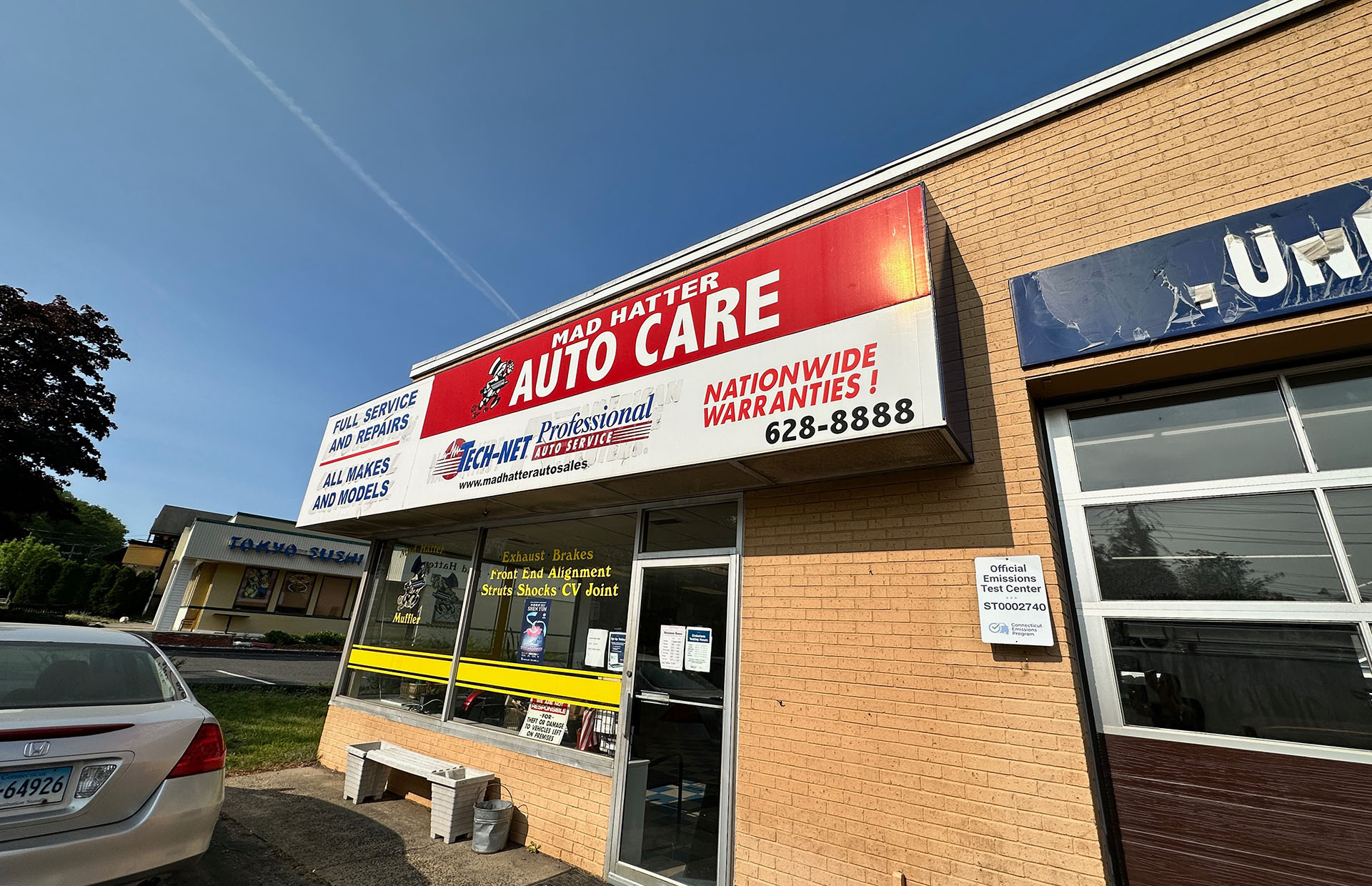Owning a car, SUV or truck can be both exciting and overwhelming. While it gives you freedom to go anywhere and convenience to get to work, it also comes with responsibilities such as maintenance and repairs. Whether you’re a seasoned car owner or a newbie, it’s important to understand the basics of general auto repair. We’ll take you through the essentials of auto repair so that you can make informed decisions about maintaining your car.
First off, let’s talk about preventive maintenance. As the saying goes, prevention is better than cure, especially when it comes to cars. Regular maintenance can prevent major problems and save you money in the long run. Some examples of preventive maintenance include oil changes, tire rotations, and brake inspections. Be sure to follow your car’s maintenance schedule as outlined in your owner’s manual, and don’t hesitate to ask your mechanic if you have any concerns.
Now, let’s move on to diagnosing problems. Watch for any warning signs that your car may be experiencing issues. These include strange noises, vibrations, difficulty starting, poor fuel economy, and warning lights on the dashboard. When you notice any of these symptoms, don’t wait to get them checked out by a professional. They can diagnose the problem and recommend the appropriate course of action.

When it comes to repairs, choose a reputable auto repair shop. Look for certifications such as ASE (Automotive Service Excellence) and read reviews from previous customers. Don’t be afraid to ask for a detailed estimate of the repairs, including parts and labor costs; this will help you understand and budget for the repair costs. Additionally, make sure to ask about warranties or guarantees on the repairs.
Another important aspect of auto repair is understanding your car’s components. While you don’t need to be a mechanic to own a car, knowing the different parts can be helpful. Some common components include the battery, spark plugs, belts, hoses, and suspension system. You can refer to your owner’s manual or research online to learn more about these parts and their functions.
Lastly, it’s always a good idea to be proactive about safety. Keep emergency supplies in your car, such as a first aid kit, tire repair kit, and flashlight. Avoid distracted driving by putting away your phone and focusing on the road. Additionally, make sure to wear your seatbelt and follow traffic laws.
General auto repair may seem overwhelming at first, but with a bit of knowledge and some common sense, you can make informed decisions when it comes to maintaining and repairing your car. Remember to prioritize preventive maintenance, get problems diagnosed early, choose a reputable auto repair shop, understand your car’s components, and be proactive about safety. By following these tips, you’ll not only keep your vehicle in good condition but also ensure a safe and enjoyable driving experience.
